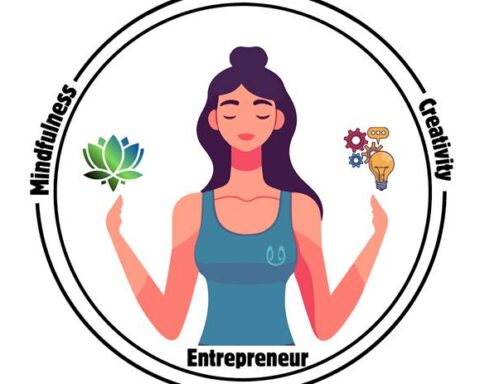By Contributor Mandy Ray
Mental and physical health aren’t mutually exclusive. Even if you follow a strict diet and exercise regimen to a T, it doesn’t mean you can put your mental health on the back burner. Likewise, being in the right headspace needs to be complemented by taking care of your body. Simply put, you need both in order to thrive to the best of your abilities.
However, achieving such balance is easier said than done—but it’s certainly not impossible. So how exactly can you align your mental and physical health to set yourself up for success? Here are some tips.
Take the time to detox from technology
Whether it’s because of work or casual scrolling, studies on Business Insider have shown that too much screen time can be harmful for both the body and mind. For instance, the blue light emitted by screens can lead to vision problems like eye strain and nearsightedness. The same light also messes up our circadian rhythm, making it harder to fall asleep at night. Or, if you’re on a computer too long because of work, then you’re likely setting yourself up for a burnout. Do yourself a favor and take a tech break every few hours. If possible, find a hobby that doesn’t include social media, such as reading or painting.
Mind what you eat
Ideally, a balanced meal has to have the following: carbs, protein, and vegetables. We know that food plays a direct role in maintaining a healthy body, but did you know that it can influence your mental state too? In fact, there are actual mood-boosting foods such as dark chocolate and cashews, according to a blog post on The Healthy. And of course, you just feel better in general when you know you’re nourishing your body with wholesome ingredients, instead of junk food.
Meditate
Meditation is one of the best ways to stay balanced. After all, a huge part of the activity relies on breathing, which involves both body and mind working together. In a previous article entitled ‘How Meditation Can Help You Uncover Your Passion and Purpose’, we mentioned how meditation reduces your risk of cardiovascular diseases. This is because deep breathing has been proven to lower your blood pressure and alleviate stress—two factors that heighten the risk of a heart attack.
Meditation also requires that you focus on your breathing to help clear your mind, which also helps repel anxiety and improve your focus. A guide to breathing exercises on Pain Free Working explains that the proper way to do this is to breathe slowly, and through your nose. To check, place your left hand on your chest and your right at the top of your belly. If your right hand moves instead of your left whenever you breathe in, then you’re doing the exercise correctly.
Get enough sleep
Sleep is regenerative for the body. After all, it’s in those seven hours that your cells recuperate, giving your body the energy it needs to function the next day. On the other hand, sleep is also good for your mental wellbeing. In fact, an article on the basics of sleep on Thrive Global highlights the positive effect of sleep on one’s memory, focus, and learning capacity. It also adds that sleep helps you be “more adaptive and less reactive,” which means that you’ll be more emotionally prepared to handle interpersonal conflicts in the workspace.
Mental and physical health should not be thought of as separate things. If you want to achieve true, healthy wellbeing, then you have to learn how to take care of both.
Keetria is an entrepreneur, wellness advocate, and brand strategy coach for creatives & entrepreneurs with 16 years of public relations expertise working with some of the world’s leading brands, startups, media personalities, and entertainers. If you would like to work together, don’t hesitate to reach out!









